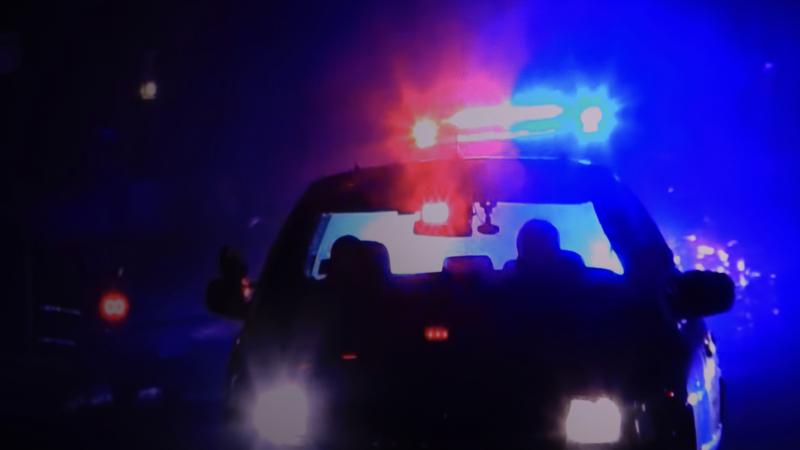’Ferguson Effect?' Police arrests plummet across the country but little agreement on why
"They have made the environment so toxic that it is very difficult to enforce laws in the United States right now," sheriff says..
Cities across the country have reported a significant drop in police arrests in a trend that started as far back as 2014.
Los Angeles, St. Louis, San Antonio, Atlanta, Philadelphia and Ann Arbor, Michigan, are just some of the cities that have reported significant drops in police enforcement without an accompanying drop in serious crime.
The police enforcement trend also included a significant drop in parking and traffic violations.
In San Antonio, arrests dropped from a peak of 188,212 in 2015 to 25,036 in 2021. In budget documents, the city of San Antonio explains its reductions in arrests in 2020 and 2021 were due to the pandemic. But in 2019 – before the pandemic – arrests dropped in San Antonio to 54,173 – a 48% drop from the previous year. Parking violations dropped from 78,612 in 2012 to 40,806 in 2021 and traffic violations dropped from 266,157 in 2012 to 66,381 in 2012. The reduction in those statistics also began before the pandemic.
Police and city officials from San Antonio, St. Louis, Atlanta and Philadelphia didn't respond to emails seeking an explanation for the trend. The ACLU and Black Lives Matter did not respond either.
In 2020, Ann Arbor police officer Eric Ronewicz sent an email to his superiors saying he was resigning due to a "mob mentality" that could lead to his arrest even if he abided by the law and city policy over how to engage an uncooperative subject.
The city of Ann Arbor has also seen a 62% decline in arrests from 2012 to 2021.
Spokane County Sheriff Ozzie Knezovich in the state of Washington attributed the decline in enforcement to the political climate created by high-profile police incidents over the past eight years.
Knezovich cited the shooting of Michael Brown in Ferguson, Missouri, in 2014, the ambush and killing of five police officers in Dallas in 2016 and more recently the death of George Floyd in 2020 as the primary reason for the decline in enforcement.
“The Ferguson Effect is a real thing. Police officers started to back away from enforcement," Knezovich said. "You saw it across the nation. You wonder why you see less and less enforcement and more and more crime, it’s woke politicians and activists and the media have made it so. They wanted us to disengage."
Knezovich called that environment for police in the U.S. "toxic."
"They have made the environment so toxic that it is very difficult to enforce laws in the United States right now," he said. "And we wonder why we in police enforcement started to disengage.”
Lex Steppling, national director of campaign and organizing for Los Angeles-based Dignity & Power Now, said the "Ferguson Effect" is a myth, adding that many communities didn't trust police before Ferguson.
"What most everyone cares about is being safe. Do they [police] keep us safe? Police kill a lot of people. Police hurt a lot of people," Steppling said.
Steppling said police could be protesting criticism of departments after numerous high-profile incidents by refusing to arrest people.
"We are aware that police sometimes go on informal strikes when they don't like the political climate they are in," he said.
Steppling said fewer arrests are a good thing because more arrests just creates economic disparities.
"Crimes like rape and murder, the clearance rate on that is extremely low. They [police] do a very poor job of solving important crimes. One can argue, police actually bring violence. They bring a lot of violence, a lot of corruption, a lot of bullying," Steppling said. "Non law-enforcement solutions to social problems tend to work a lot better."
Steppling said the cities with the most arrests are the most dangerous.
"What should we do? Policing in America doesn't work if the goal is public safety."
Steppling said it was naive to ignore the reality that there does need to be some first responders because there are situations that involve violence and weapons.
"But that's extremely rare and deserves a very specialized narrow approach. Most social problems are only made worse by policing," he said.
Dignity & Power Now is based in Los Angeles, which has reported a reduction in arrests, like many other cities.
In Los Angeles, arrests plummeted from 162,698 in 2012 to 66,808 in 2021. Crimes reported have remained relatively level, with 190,542 crimes reported in 2012 and increasing to 191,481 in 2021.













